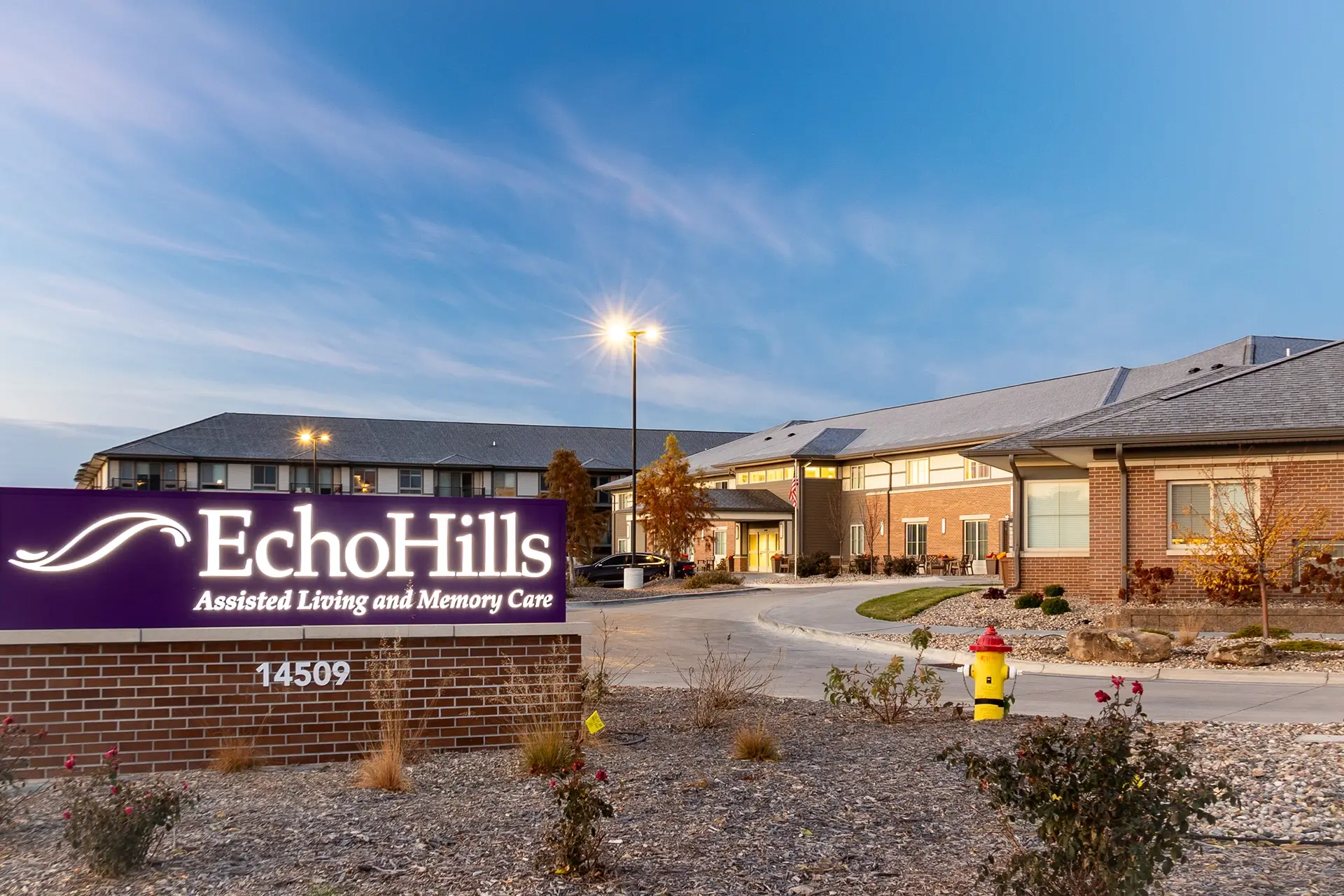Top-Rated Charlotte Memory Care: Enhancing Quality of Life for Seniors
Top-Rated Charlotte Memory Care: Enhancing Quality of Life for Seniors
Blog Article
What to Expect in Memory Treatment: An In-depth Guide to In-Home Services
Browsing the landscape of memory care for a loved one can be a complicated and mentally billed experience. As households involve terms with the challenges of caring for someone with amnesia, the world of at home solutions provides a lifeline of assistance and specialized care. Recognizing what to expect in memory care is essential for ensuring the well-being of both the specific with memory problems and their caretakers. From tailored everyday activities to safety and security methods and caregiver sources, this guide intends to clarify the detailed range of services readily available to those starting the journey of in-home memory care.
Daily Routines and tasks
Taking part in structured daily activities and routines is a basic element of supplying quality take care of people in memory care facilities. These tasks are carefully designed to accommodate the certain requirements of locals with cognitive problems, such as Alzheimer's illness or dementia. Daily routines play a crucial role in preserving a sense of experience, safety, and objective for individuals in memory treatment.

Moreover, everyday routines help individuals in memory care facilities to feel even more oriented and much less distressed. Consistency in tasks and routines can reduce complication and agitation, offering a sense of security and convenience. Caretakers and staff members play an important duty in helping with these activities, making certain that each resident obtains individualized and compassionate care customized to their unique preferences and capacities.
Specialized Care Provider
Within memory treatment centers, specialized treatment services are vital to attend to the distinct demands and challenges faced by people with cognitive disabilities such as Alzheimer's condition or dementia. These services are made to provide customized support that deals with the particular requirements of locals handling memory loss. Specialized treatment services in memory care facilities typically consist of personalized treatment plans, help with activities of daily living, medicine management, and behavior therapies focused on improving high quality of life and lessening distress.
Furthermore, memory care centers usually provide organized programs and tasks especially created to boost cognitive function and advertise social interaction amongst residents. These activities might consist of memory-enhancing workouts, sensory excitement therapies, and memory therapy sessions. Furthermore, specialized care solutions usually involve routine surveillance of residents' health and wellness and wellness by skilled personnel who are outfitted to handle the distinct obstacles connected with cognitive decline.
Precaution and Atmosphere
Carrying out rigid safety measures and developing a safe and secure atmosphere are paramount concerns in memory care facilities to guarantee the well-being and security of citizens with cognitive impairments. Security in memory treatment starts with safe structure layout, including locked doors and kept an eye on entries to protect against homeowners from roaming outside not being watched. By prioritizing security procedures and maintaining a secure official statement atmosphere, memory treatment facilities goal to provide a safety and comforting setting for people with cognitive problems.
Interaction and Involvement Approaches
With an emphasis on enhancing and promoting purposeful interactions high quality of life, efficient communication approaches play an important function in supporting people in memory care facilities. Interaction in memory care involves comprehending the special needs of citizens that might have cognitive disabilities like dementia. Simple language, clear guidelines, and non-verbal cues such as motions and facial expressions are necessary tools for effective communication. Caretakers must approach citizens with compassion, regard, and perseverance, developing an encouraging atmosphere where individuals feel understood and valued.
Involvement techniques are also crucial in memory treatment, helping locals remain energetic, promoted, and linked to their environments. Tasks like songs treatment, art classes, reminiscence sessions, and sensory stimulation can spark memories, boost state of mind, and advertise socializing. Customizing tasks to each person's capabilities and interests is key to promoting interaction and a sense of accomplishment. In addition, incorporating familiar items, photographs, and music from the individual's past can give convenience and promote positive memories. By prioritizing personalized communication and interaction techniques, memory care facilities can boost the general wellness and top quality of life for their citizens.
Caregiver Assistance and Resources
Provided the critical role caretakers play in implementing reliable interaction and interaction approaches for citizens in memory care facilities, giving adequate support and resources is necessary to ensure the well-being of both the caretakers and the people under their treatment. Caregivers in memory treatment setups typically encounter distinct difficulties that can affect their physical and emotional health. To deal with these difficulties, numerous support group and resources are offered to assist caretakers in offering the most effective possible treatment.
One essential type of support is caregiver education and training programs. These programs equip caretakers with the needed skills and expertise to properly manage the signs and symptoms and habits linked with memory loss. In addition, support system supply caretakers the chance to connect with others that are experiencing similar obstacles, providing a feeling of community and understanding.

Final Thought

Engaging in structured day-to-day tasks and routines is article an essential component of providing quality treatment for individuals in memory treatment centers.Within memory treatment facilities, specialized care solutions are vital to address the distinct requirements and challenges encountered by people with cognitive problems such as Alzheimer's condition or mental deterioration. Specialized care services in memory treatment facilities typically include customized care plans, assistance with activities of daily living, medication monitoring, and behavior therapies intended at enhancing quality of life and reducing distress.
Given the critical duty caretakers play in carrying out efficient interaction and involvement methods for locals in memory care facilities, providing adequate support and resources is important to ensure the wellness of both the caretakers and the people under their care. Daily tasks, specialized treatment services, safety steps, communication methods, and caretaker assistance are essential components of in-home memory care.
Report this page